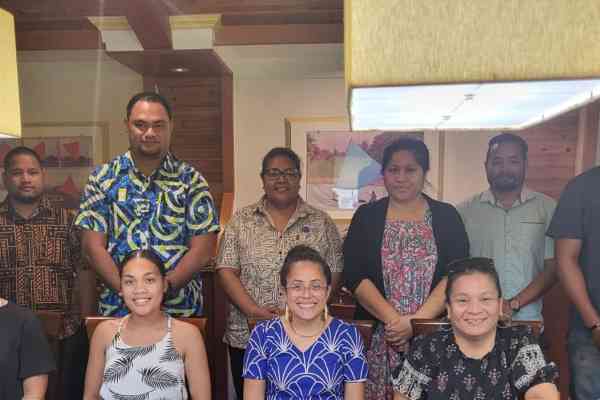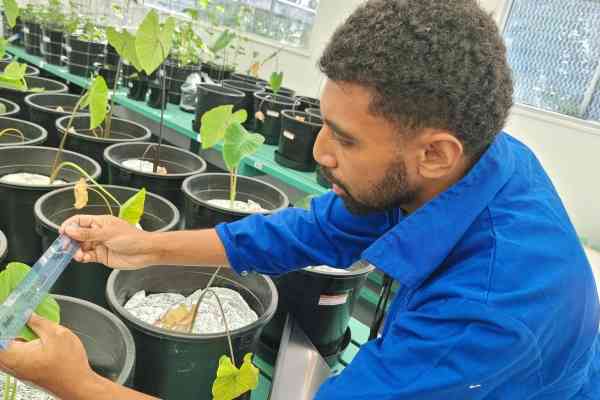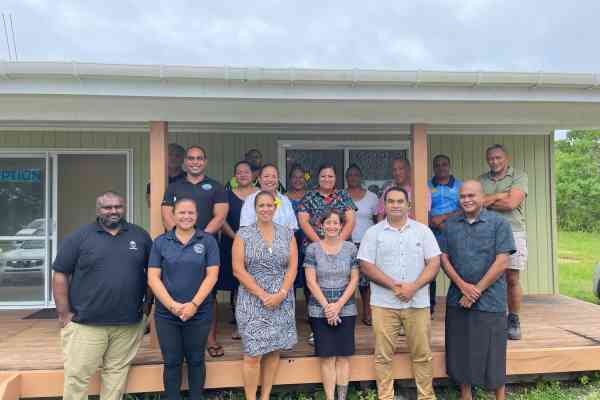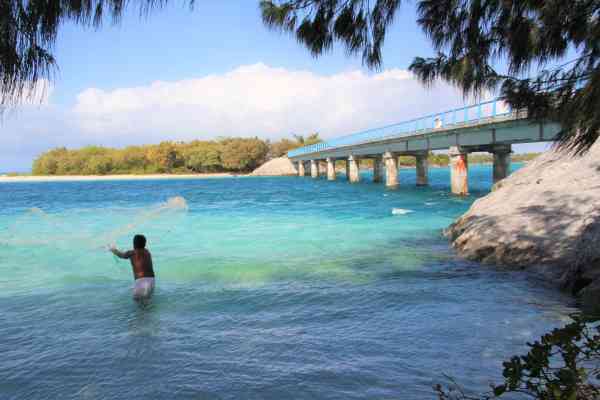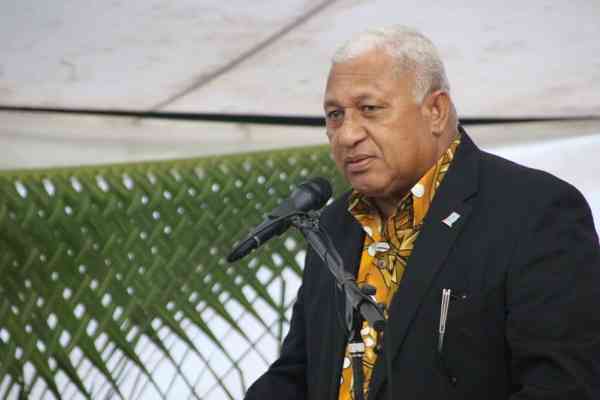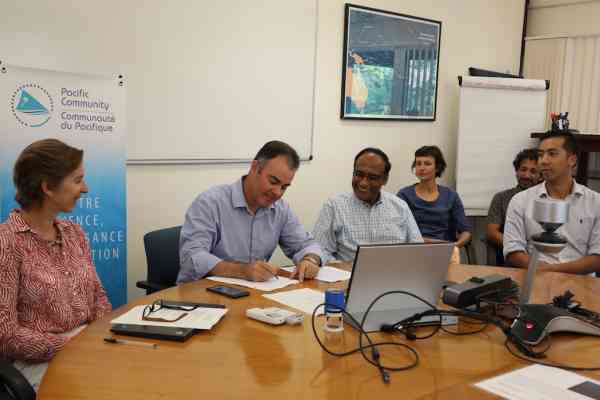(contenu diponible en anglais uniquement)
Enhancing Pacific climate resilience: Insights from NDC Hub climate finance training
In the Pacific islands, the adverse effects of climate change pose significant challenges to communities. Recent discussions have centred on improving access to finance to bolster climate resilience in the region.
On 14 May 2024, the Regional Pacific Nationally Determined Contribution (NDC) Hub organised a training session on ‘Financing NDCs, Deep Diving into Climate Finance, Climate & Disaster Risk Financing’. The comprehensive training was held virtually to address the imperative of aligning project objectives with the Sustainable Development Goals (SDG), especially SDG 13– Climate Action, to ensure coherence between climate action and broader development goals. Emphasis was placed on the need for an inclusive stakeholder engagement across a diverse spectrum, ranging from multilateral funds and donors to private sector and civil society, to ensure project inclusivity and effectiveness since the early stage.
Ms Ann Albert, Deputy Assistant Secretary of the Department of Environment, Climate Change, and Emergency Management of the Federated States of Micronesia (FSM), said that the training was highly beneficial and engaging and provided some insights which she is keen to incorporate into her work. “It was a very fruitful training. I [learnt] a lot and am now thinking about what the next steps in the implementing phase are.” She also stated that “funding is always an issue which leads to a lack of capacity building, for which training is needed” and that she was grateful for the opportunity to deepen her understanding of climate financing in the Pacific.
Throughout the training, discussions underscored the importance of environmental and social safeguards in project implementation to prevent adverse impacts and ensure long-term sustainability. Attention was drawn to the necessity of aligning projects with national priorities and existing policy frameworks to maximise impact and foster country ownership.
Key insights also highlighted the pivotal role of multilateral funds such as the Green Climate Fund (GCF) in supporting the region’s climate adaptation and mitigation efforts in. Participants gained a deeper understanding of the complex landscape of climate finance and the importance of effective communication and partnership-building with stakeholders.
Moreover, the training delved into strategies for project proposal development, focusing on efficiency and alignment with GCF requirements. Key topics included:
- Project Design Principles: Discussions centred on designing effective climate projects, considering co-benefits and integrating gender considerations to enhance project effectiveness.
- Stakeholder engagement Strategies: Participants gained insights into engaging diverse stakeholders, including donors, the private sector, and civil society. They explored various communication methods, from formal exchanges to informal interactions, to ensure project inclusivity and success through early engagement.
Aligning Climate Action: The training emphasised aligning climate action with SDGs, multilateral funds mandates and countries’ national priorities. Insights were shared on the structure of climate finance proposals, including safeguards, gender equality, disability, and social inclusion considerations.
“This is the second training that SPC has provided to our Focal Points. The first training on NDC’s Agri-Forestry and Nature-based Solutions touched on Climate Finance,” said Mr Amit Singh, Project Development Specialist, Regional NDC Hub at the Pacific Community (SPC). “From this, we saw there was a lot of interest and need for increased understanding of Climate Finance and to put together sound Climate Finance proposals to carry out climate projects within the Pacific.”
By integrating these insights into project design and implementation, Pacific nations can strengthen their resilience to climate change, safeguarding the well-being of their populations and natural environments for generations to come.
Overall, the training was a success as it focussed on targeting SDG13 and enhancing efficiency in climate finance projects. The virtual training was attended by 25 participants from across the Pacific region and was delivered by SPC’s Climate Finance Unit (CFU) and the Regional Pacific NDC Hub.
The NDC Hub was established by 14 Pacific Island Countries to support their climate targets set by the Paris Agreement. At COP23, it was formally launched to aid Pacific Island governments in implementing their NDCs through data, resources, and expertise. With a focus on sustainable development and resilience, it collaborates with global partners and receives support from donors like the European Union, Germany, Australia, and New Zealand. This collective effort underscores the region's commitment to combatting climate change and fostering a low-carbon future.
